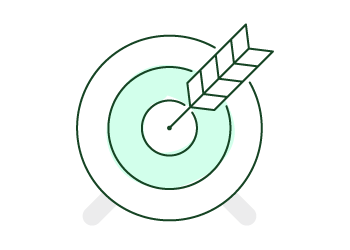Personal Productivity
How to Procrastinate Productively
AUTHOR: Francisco Sáez
Procrastination is a behavior whose consequences can be significantly negative. However, it seems that there are ways and tricks to transform this behavior into productive activity. At least that is what certain theories about positive procrastination say.
Procrastinating means postponing things you have to do, knowing that they are important and not doing them will be harmful for you.
Although somewhat irrational, there is a social tendency to pay more attention to what is current, in force, and this pushes us to indefinitely postpone important tasks whose reward or benefit will occur too far in the future. In addition, big projects represent big problems that scare us so we procrastinate them constantly and unconsciously.
When you procrastinate a task, it can be in exchange for another task (more or less important) or just for doing nothing. Let’s see how you can make it a productive procrastination in all cases.
Doing nothing
Breaks are necessary to perform adequately. If, at any given time, your energy or your mood are far from optimal, stop working is a good choice. Perhaps it is not the time to start a project because there are important aspects that are not sufficiently clarified. Sometimes it is just better to wait.
Knowing how to manage your stress is paramount for your productivity and your happiness, so do not feel bad if you need to stop for a while to meditate and recharge your attention span.
Moreover, have you ever heard of productive laziness?
Doing a more important task
It’s time to run some errands, do household things, small day-to-day routines… But you do not feel like doing them because you are engaged in something more important, something you are really enjoying. Do not feel bad about it. Great projects are carried out at the cost of leaving many things undone, usually not very important things.
If you are in a moment of inspiration, one of those totally creative moments that only last a short time but allow you to greatly advance a project, do not miss out just because you should answer a few emails or go buy some things.
Doing a less important task
This is the usual kind of procrastination. You know what your most important task is—the number one in your list—but you have the unbearable need to do anything else instead of that. So you choose one or more easier tasks, although less important, so you can avoid doing what you should be doing.
For perfectionists procrastinating may even be productive. By leaving the important task until the last minute, they cannot spend all the time in the world to get the perfect result. They have to settle for a “good enough” result. And before starting it they have been able to do many other things that probably would not have done if they had started with their most important task.
Natural procrastinators are actually great workers. They are able to do a lot of work, provided it is not the one they are supposed to be doing at the moment.
John Perry, a philosopher at Stanford, realized he was a natural procrastinator and decided to trick himself about the importance of their tasks. This strategy, which he called Structured Procrastination, takes into account that procrastinators always tend to avoid the most important and urgent tasks in their to-do list, in favor of other, easier ones. It simply consists in putting high on the list some tasks that seem important but they don’t. This way you will unconsciously focus on the task you really should be doing.





One comment
Hola Francisco, tambien muy enganchado con temas de productividad, como medicina para mi primero ;) Encantado de saber de ti
Hola Francisco, tambien muy enganchado con temas de productividad, como medicina para mi primero ;) Encantado de saber de ti